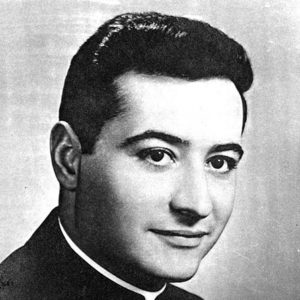 Joseph Biltz
Joseph Biltz
Gender: Male - Starting with B
 Joseph Biltz
Joseph Biltz
Biltz, Joseph Henri
Binns, William (Execution of)
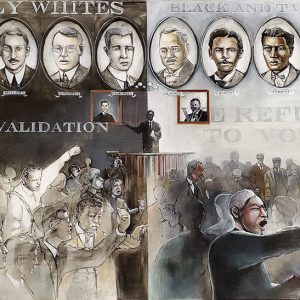 Black and Tan Republicans
Black and Tan Republicans
Black and Tan Republicans
 Black and Tan Republicans Article
Black and Tan Republicans Article
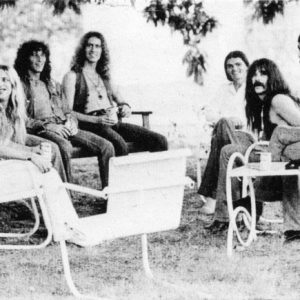 Black Oak Arkansas
Black Oak Arkansas
Black Union Troops
aka: African American Union Troops
aka: United States Colored Troops
Black, Daniel
 Daniel Black
Daniel Black
Black, James
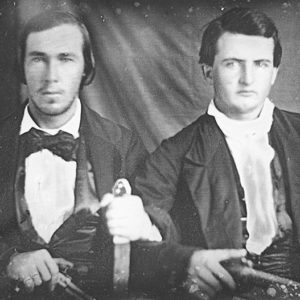 James Black & Jacob Buzzard
James Black & Jacob Buzzard
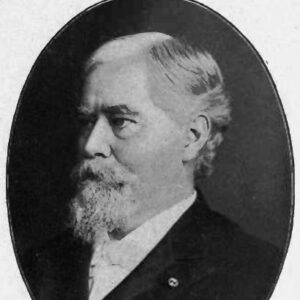 John C. Black
John C. Black
Black, John Charles
Black, Pickens W., Sr.
Black, William (Execution of)
aka: Henry Black (Execution of)
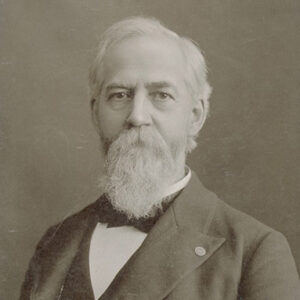 William Perkins Black
William Perkins Black
Black, William Perkins
Blackburn, Sylvanus
Blackmon, Douglas A.
 Douglas A. Blackmon
Douglas A. Blackmon
 Marlon Blackwell
Marlon Blackwell
Blackwell, Marlon Matthew
Blackwood, Dwight Hale
Blade, Maxwell
 Maxwell Blade
Maxwell Blade
 Paul Barr Blair
Paul Barr Blair
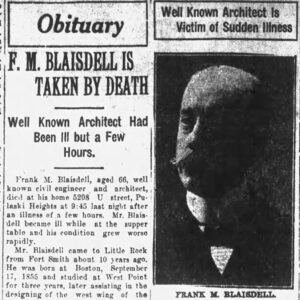 Frank Blaisdell Obituary
Frank Blaisdell Obituary
Blaisdell, Frank M.
Blake, Charles E.
 Charles Blake
Charles Blake
Blakely, Joe (Lynching of)
Blalock, Jerry (Execution of)
Bland, Hugh M
Blass, Gustave (Gus)
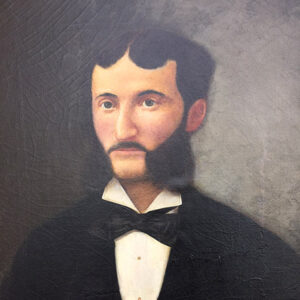 Gus Blass
Gus Blass
Blass, Noland
Blazes, Albert (Lynching of)
aka: Albert Blades (Lynching of)
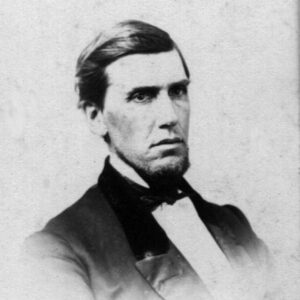 Calvin Bliss
Calvin Bliss
Bliss, Calvin Comins
Block, Abraham
aka: Abraham Bloch
 Abraham Block
Abraham Block
Blossom, Virgil Tracy
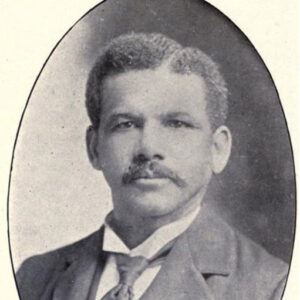 Josiah H. Blount
Josiah H. Blount
Blount, Josiah Homer
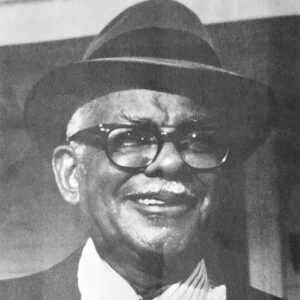 Scott Bond Blount
Scott Bond Blount
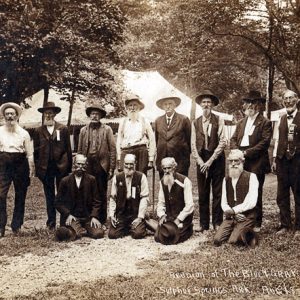 Blue and Gray Reunion
Blue and Gray Reunion
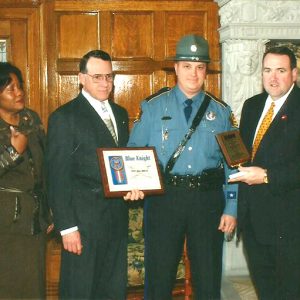 Blue Knight Award
Blue Knight Award
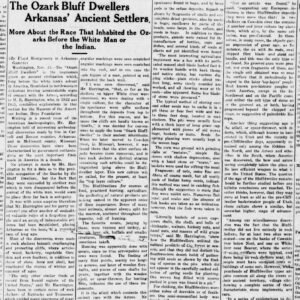 Bluff Dwellers Article
Bluff Dwellers Article
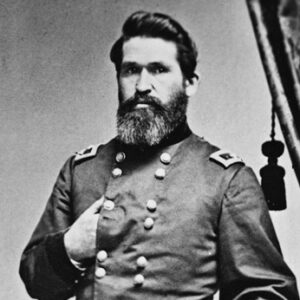 James Blunt
James Blunt




